The Rise of Phenomics: Beyond Knowing Your DNA
phe·nom·ics | f ‘nämiks | noun
the study of how the environment and a person’s lifestyle interact with the expression of their genes to influence their health and risk of disease
Consumers and patients have gotten used to ordering profiles of their DNA to look for certain health indicators. A limited number of FDA-cleared tests that provide risk factors for acquiring a serious disease are also available, including the APOE4 gene variant that increases a person’s risk of Alzheimer’s disease, and BRCA2, which significantly increases the risk of breast cancer. Providing these tests to consumers, however, is controversial, with most physicians preferring that trained medical caregivers deliver news for diseases that either have no cure (Alzheimer’s) or may entail a radical medical intervention (breast cancer).
And it turns out that genomically identified markers for most common diseases have proven to be less important in many cases than lifestyle and other factors. This is leading to a more expansive range of tests—phenomics—that can measure everything from a person’s gut microbiome to profiles of their epigenome, proteins and metabolites.
A wave of phenomics-oriented startups will combine advanced AI, using ever more sophisticated models to predict and prevent disease. Most phenomic tests now are either in early human-testing stages or need to be ordered by a physician. In the future, consumers will be able to perform these tests with home devices with no or minimal input from traditional medicine. (See the Wellness and Nutrition section for more on this subject.) While this might benefit some patients who get alerted early to a serious condition, there is a downside as well. Health facilities could be overwhelmed by symptom-free individuals seeking unnecessary or even dangerous treatments for diseases predicted through these new technologies.
